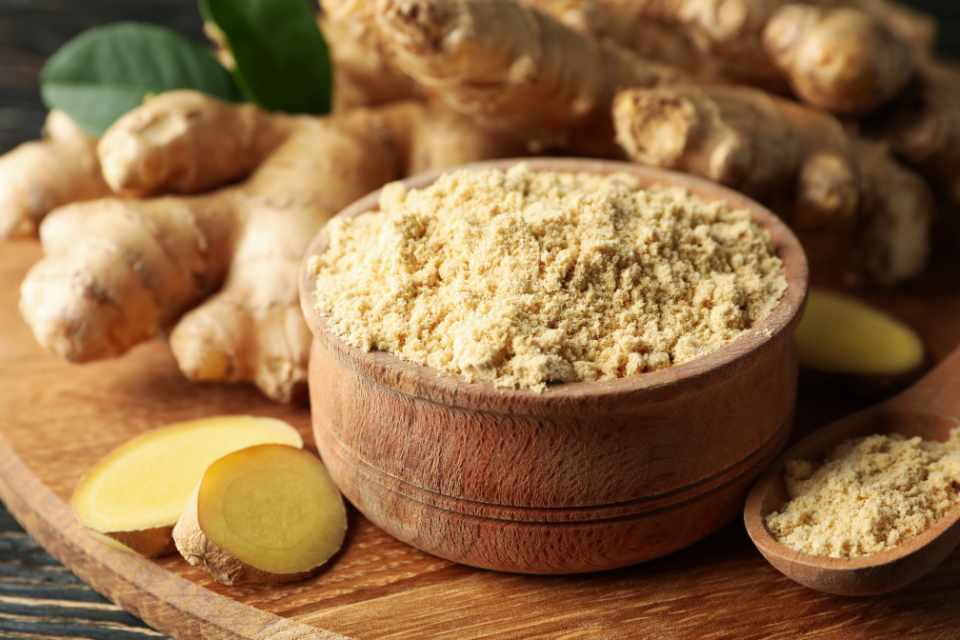If you suffer with chronic migraines your doctor may offer you medication. The problem is the medication does not always help. Or, it may have side effects that prevent you from taking it. This post talks about some natural methods to reduce the frequency of migraines.
Migraine headaches affect about 12% of people in the UK and USA. There are different types of migraines and the headaches can be severe. As well as the headache itself there may be other symptoms such as a visual aura. A feeling of nausea and vomiting are also common. Not surprisingly this condition causes emotional upset and reduces quality of life.
A doctor may prescribe medications to prevent migraines from occurring. Commonly used drugs include antiepileptics, antidepressants or antihypertensive medication. While these drugs may be effective they often have nasty side effects. There are natural methods to prevent migraines, but how effective are they?
Natural migraine prevention
Researchers have studied several natural methods to reduce the frequency of migraine headaches. Some of the techniques are discussed here:
Acupuncture
This is an ancient form of medicine using very fine needles in the skin. It is a popular, drug-free choice for treatment of migraine. A review of studies of acupuncture for migraine found it was at least as effective as drug therapy.
In one study, migraineurs that were not helped by drugs, tried
acupuncture. 12 sessions were enough to halve the frequency of moderate or severe attacks in 51%.
An interesting spin off from acupuncture is the daith piercing. The theory is that having a piercing inserted in the inner most fold of the ear helps to relieve migraine. I have seen this work for some people but not everyone. In fact, for some people it made their migraines worse. I could not find any research on this topic.
Relaxation techniques
Various relaxation techniques are popular for preventing migraine attacks. These include massage and meditation.
Biofeedback
Multiple studies suggest biofeedback is an effective, non-invasive method of preventing migraines. Though this method is free of side effects it is an expensive treatment. Yet one study suggests it may be no more effective than relaxation techniques alone.
Herbal medicines
Several herbal medicines have a traditional of use for preventing migraine attacks.
I have discussed feverfew for migraine prevention before. There is strong evidence it reduces headache frequency. It may act by reducing inflammation and blood vessel constriction. Both factors associated with migraine.
Some herbal medicines may be better used together. A study looked at a combination of feverfew and white willow. It was remarkably effective for reducing the frequency and intensity of migraine attacks. Nine out of ten people had over 60% reduction after 12 weeks of treatment.
Butterbur is another traditional remedy for preventing migraine. It is important to use the PA-free Butterbur. German research of an extract found a 60% reduction in the frequency of attacks after 12 weeks of use.
Ginkgo biloba is another herb with anti-migraine benefits. An extract of Ginkgo with other nutrients successfully reduced migraines in several studies.
Recent research also identifies St. John’s Wort as a migraine treatment. It seems this herbal medicine was effective for prevention and reducing migraine pain, even in low dose.
Dietary supplements
A 2017 study found that 1.5g daily of the omega-3 fatty acids DHA and EPA reduced the frequency of migraines by 80%. DHA and EPA are the fatty acids found in fish such as salmon, mackerel and sardines. Though humans can make these fatty acids, we can only do so in very small amounts.
Before the trial all participants had daily migraine attacks. The participants divided into two groups. Both groups took a low dose of amitriptyline – a common medication prescribed for migraine prevention. One group also received the fish oil supplement while the control group did not. One-third of the people in the control group had an 80% reduction in migraine frequency. But, those in the fish oil group had an even better outcome. Two-thirds of people taking amitriptyline plus fish oil had an 80% reduction in symptoms. In fact, this meant around 5 days of migraine headache per month, instead of daily.
Supplemental magnesium has been successful for preventing migraine attacks. Either on its own or in combination with riboflavin (vitamin B2) and co-enzyme Q10.
Identify your triggers
Perhaps the best prevention is finding out what triggers your migraine. Then avoiding the triggers if possible. The difficulty is that often there can be multiple triggers.
There is a long list of identified triggers, from weather patterns to certain odours. Most commonly people recognise an association with certain foods or drinks. A study found that food intolerance testing may help to identify suspect dietary items. Which are then eliminated. The study results showed at least a 30% reduction in headache days for half the participants. With one in five having a 50% reduction.
I have previously written about the research regarding a link between a leaky gut and migraine. Researchers also found links between gut disorders and migraine. It seems many migraineurs have digestive problems, such as irritable bowel syndrome. The review recognises a possible link via the gut-brain axis. But concludes this topic needs more research before making recommendations.
So, natural methods are available to help reduce the frequency of migraines. The research backs this up. Yet, though these methods help some people, they do not help everyone. It is possible that combining some methods may offer more improvement in symptoms. Or trying some alongside conventional medicine may also be the answer. Of course, if you can find the underlying cause or trigger for your migraine this would be the best course.








0 Comments